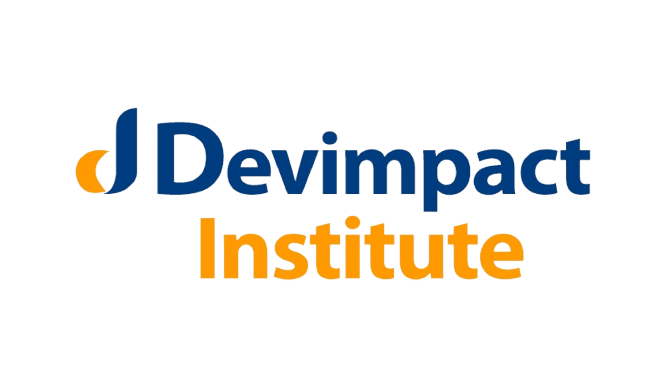
Training on Geohealth
GeoHealth is an interdisciplinary field that merges the principles of geography, public health, and information technology to understand and address health-related issues. It involves the use of Geographic Information Systems (GIS) and spatial analysis to study the relationships between health outcomes and environmental, social, and demographic factors.
The burden of disease from environmental and occupational health hazards and climate change is a growing concern. A significant portion of this burden is preventable, but most countries lack the research capacity to analyze environmental health risks and assess policy implications. Advancements in technology, such as remote sensing, big data analytics, and machine learning, are expanding the capabilities of GeoHealth.
GeoHealth training equips health professionals with the skills to analyze and interpret these factors through spatial data, leading to a deeper understanding of health patterns and the root causes of health disparities. It provides the analytical skills necessary to generate spatially-referenced health data and insights, supporting informed decision-making processes.
Target Participants
The target participants for the GeoHealth training program include public health professionals, epidemiologists, environmental scientists, healthcare providers, and policy makers who are involved in health planning and intervention. Additionally, the program is designed for GIS specialists who seek to apply their spatial analysis skills to health-related issues.
What You Will Learn
By the end of this course the participants will be able to:
- Demonstrate and illustrate the potential of geospatial data and technologies applied to public health
- Strengthen the participants technical capacity when it comes to the management and use of geospatial data technologies in epidemiology and toxicology
- Understand key epidemiological concepts and study designs to investigate health patterns and determinants
- Master spatial data analysis techniques, including spatial statistics, point pattern analysis, and spatial autocorrelation
- Create and interpret disease maps, perform hotspot analysis, and conduct kernel density estimation
- Use GIS to study environmental health issues and understand the role of environmental exposures, including ground heavy metals, on public health
- Explore case studies on the use of GIS in infectious disease control and prevention
Course Outline
Fundamentals of Geohealth and GIS
- Definition and scope of GeoHealth
- Importance and applications in public health
- Introduction to Geographic Information Systems (GIS)
- GIS data types: Vector and Raster
- GIS software tools: QGIS, ArcGIS
Spatial Data Acquisition and Management
- Sources of spatial data: Remote sensing, GPS, and surveys
- Data formats and metadata
- Data quality and standards
Epidemiology and Public Health Principles
- Key concepts: Incidence, prevalence, morbidity, and mortality
- Study designs: Cohort, case-control, and cross-sectional studies
- Measures of association and impact
Spatial Analysis in Health
- Spatial statistics and their applications in health
- Point pattern analysis
- Spatial autocorrelation and clustering
Disease Mapping
- Choropleth maps and their interpretation
- Kernel density estimation
- Hotspot analysis
Environmental Health and GeoHealth
- GIS applications in environmental health studies
- Case studies on environmental health issues
Climate Change and Health
- Effects of climate change on public health
- Vulnerability assessment and adaptation strategies
- GIS in climate and health research
Risk and Environmental Exposure to Ground Heavy Metals
- Sources and types of ground heavy metals (e.g., lead, mercury, arsenic)
- Health effects of heavy metal exposure
- GIS techniques for mapping heavy metal contamination
- Risk assessment methods and exposure pathways
- Case studies on heavy metal exposure
Infectious Disease Modelling
- Spatial modeling of infectious diseases
- Predictive modeling and outbreak response
- Case studies on infectious disease GIS applications
Policy and Decision Making
- Role of GeoHealth in policy development
- Case studies on policy impacts of GeoHealth research
- Future trends and innovations in GeoHealth
Training Approach
This course is delivered by our seasoned trainers who have vast experience as expert professionals in their respective fields of practice. The course is taught through a mix of practical activities, presentations, group work, and case studies.
Training notes and additional reference materials are provided to the participants.
Certification
Upon successful completion of this course, participants will be issued a certificate.
Tailor-Made Course
We can also do this as a tailor-made course to meet organization-wide needs.

